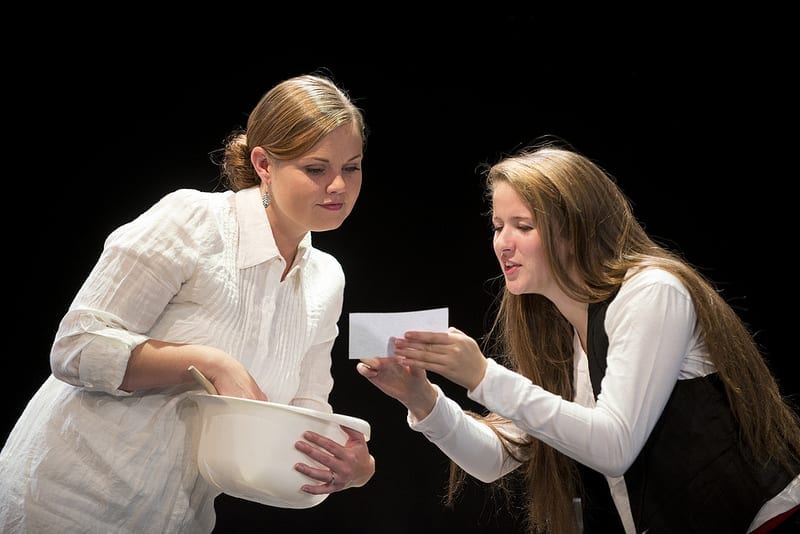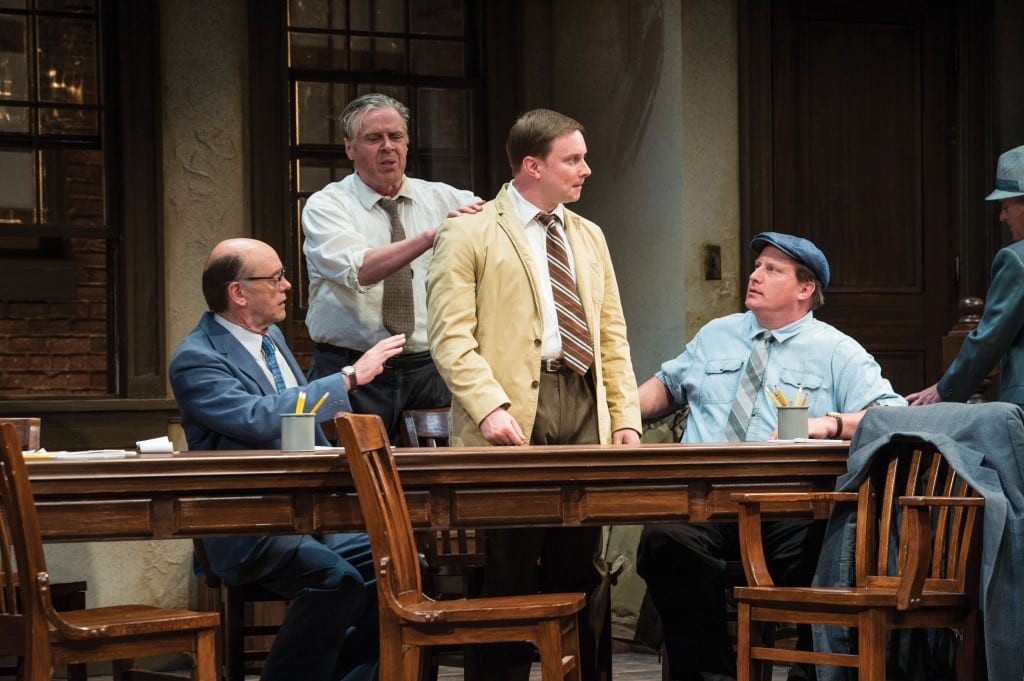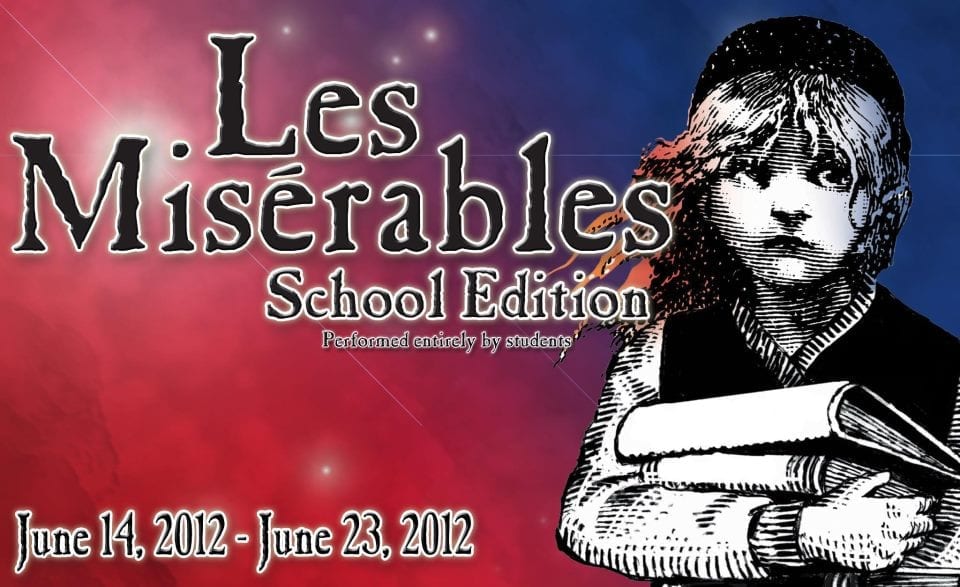SALT LAKE CITY — In the aftermath of a tragedy, a family must put the pieces together. As they sort through the events that led to their loved one’s death, the possibility that incompetence and negligence from medical professionals caused her death arises. A lawsuit is initiated, which strains relationships and makes characters question their loyalties to each other. This synopsis of Love Alone actually makes the play sound far more interesting than it really is. Deborah Salem Smith’s script is so full of boring one-dimensional characters, missed opportunities for dramatic conflict, trivial dialogue, and contrived situations that the poor student actors at the University of Utah never had a chance to create a worthwhile piece of theatre.
Scene after scene of Love Alone brims with awkwardness, originating both from the dialogue and the performances. Characters also spoke highly artificial dialogue that most actors would have difficulty delivering naturally, such as the lawyer who starts asking a potential client how her parents first met. A major flaw of the performances was seen in the two families shown on stage, each made up of two characters. Neither pair of actors showed any sort of emotion or affection for the other person in the family, which made the family conflicts half-hearted and unmotivated. Overall, characters were defined by their social roles and whom they needed to be in order for the story to be told (e.g., Dr. Neel was a doctor because there has to be a doctor in a play about medical malpractice), not because of any unique personality traits.

Shantae Marie Maughan as Dr. Becca Neal and Cody V. Thompson as J. P. Whitman. Photo by Spencer Sandstrom.
At the center of the play is Heather Marie Maughan playing Helen Warren, whose partner died as the play started. Maughan’s performance was unemotional for almost all of the play. In the scene where Helen gets the bombshell news that her partner died unexpectedly, Maughan’s character would best be described as being mildly annoyed. There was no anger, no disbelief, or fear about facing the world alone. Instead Helen seemed to be dealing with an inconvenience like a fender bender. On the other side of the lawsuit is Dr. Becca Neal, an anesthesiologist played by Shantae Marie Riley. Neal is supposed to be a fresh new doctor whose confidence is shaken by losing her first patient and the emotional trauma of facing her first lawsuit, which in turn strains her marriage. But, again, the emotion was lacking. For example, when Neal fights with her husband, J. P. Whitman (played Cody V. Thompson), Riley’s emotional investment would have been appropriate in an argument over whose turn it was to take out the trash, not the very future of the marriage.

Heather Marie Maughan as Helen Warren and Sophie Gassaway as Clementine. Photo by Spencer Sandstrom.
I could go on about the inadequacies of the other actors’ performances, but I think my readers understand the point. The saving grace of the cast was Jessica Surprenant, who played a bereavement counselor, a nurse, and a lawyer. Surprenant imbued her characters with an actual personality and appropriate reactions to the situation. Her bereavement counselor, for example, seemed like someone who genuinely wanted to help, but who was not equipped for the unusual reaction of Helen and her partner’s daughter, Clementine (played by Sophie Gassaway). Surprenant’s nurse was another bright spot in the play; I enjoyed watching the character express her jaded outlook after years of watching the inner workings of the hospital.
Alexandra Harbold‘s directing was nice, but not enough to elevate the quality of the show. The intermingling of characters who were in different locations (but in the same physical space on stage) could have been confusing, but Harbold ensured that locations were clearly defined. Harbold also kept the play moving briskly. However, Harbold’s directing was not flawless. It wasn’t clear, for example, why the nurse ran away from the parking lot after seeing “Mr. CEO himself.” I also wish that Harbold had done more to build chemistry between Dr. Neal and J. P. and between Helen and Clementine.
In the end, Love Alone is a play about second guesses. I suppose that is appropriate because I spent most of the evening second guessing the decisions of almost everyone involved with the play.







